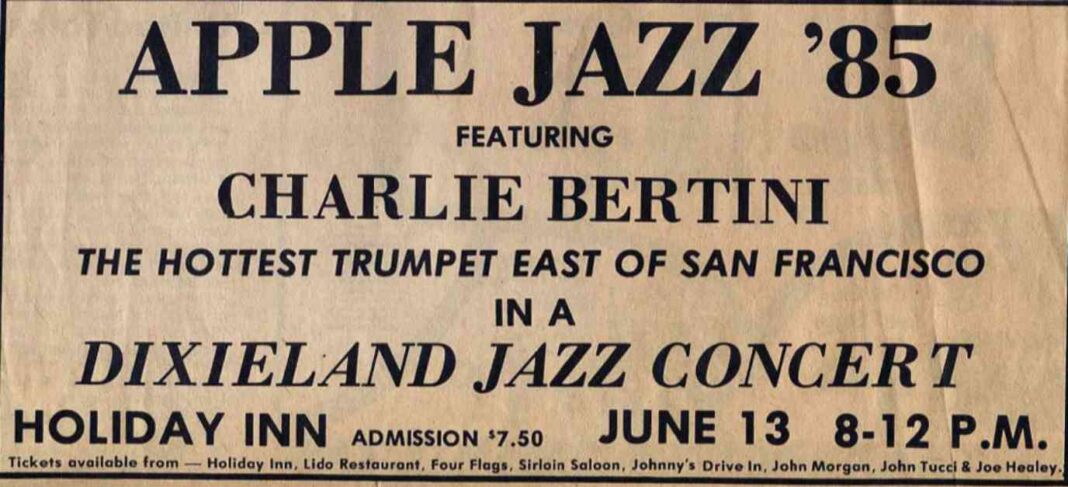Charles Bertini, the owner of APPLE JAZZ, has taken legal action against tech giant Apple to seek the cancellation of their trademark rights related to entertainment services. This move comes after Bertini faced challenges in registering his own mark, APPLE JAZZ, which he has been using since 1985 to promote live entertainment.
The dispute between Bertini and Apple began when Bertini filed an application to register his common law mark for APPLE JAZZ in 2016. However, this application was rejected due to potential confusion with Apple’s service mark for APPLE and their trademark application for APPLE MUSIC, both of which fall under Class 41 for entertainment services. Despite a ruling by the U.S. Court of Appeals questioning Apple’s priority claim, the Trademark Trial and Appeal Board (TTAB) dismissed Bertini’s petition to cancel Apple’s mark in Class 41 for alleged abandonment.
Bertini’s recent lawsuit highlights his argument that Apple did not provide evidence of using the APPLE mark for advertising or selling entertainment services during a specific period, contradicting Apple’s claims. According to Bertini, Apple primarily promoted entertainment services under the ITUNES mark, including events like the iTunes Music Festival. This lack of evidence, coupled with allegations of abandonment and fraudulent procurement, forms the basis of Bertini’s challenge to Apple’s trademark rights.
In his cancellation petition, Bertini asserts that the APPLE mark did not function as a service mark for over three years following the statement of use in Apple’s application. He claims that Apple’s use of the mark was limited to a trade name, rather than actively promoting entertainment services. Additionally, Bertini accuses Apple of making false representations in their statements of use and maintenance of the mark, further complicating the legal battle between the two parties.
By pursuing the cancellation of Apple’s trademark rights, Bertini aims to protect his own mark, APPLE JAZZ, and secure federal registration for his long-standing brand in the entertainment industry. This legal dispute sheds light on the complexities of trademark law and the challenges faced by individuals seeking to establish and protect their intellectual property rights in a competitive market.
Overall, Bertini’s quest to cancel Apple’s mark for entertainment services underscores the importance of trademark registration and the need for clarity and transparency in trademark prosecution and maintenance. As this legal battle unfolds, the outcome will not only impact the parties involved but also set a precedent for future trademark disputes in the realm of entertainment services.















